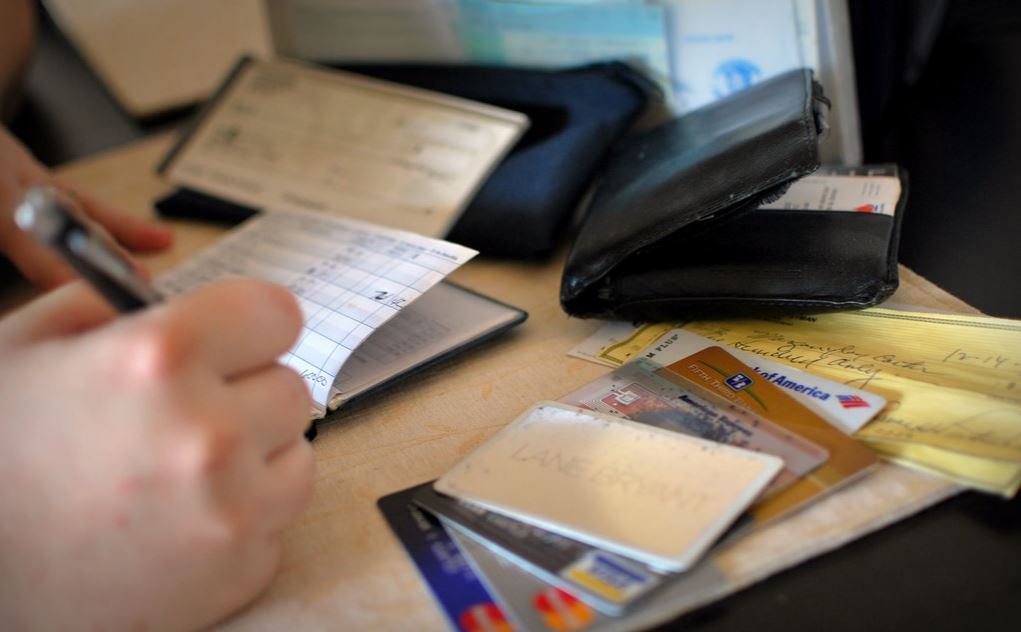The banking system as we know it today can be traced back to the flourishing of cashiers in the busy port of Amsterdam in the 1500s. It was here that people first deposited large sums of money in a place other than saving money in their own home, and where the first, crude and basic, cheques were first written.
The Early Days of Banks
In terms of a bank account service as we know it today however, there is an instance of the first time the overdraft was used, something that the majority of people either know of, or use within their personal accounts today. It was 1778 and a merchant named William Hog went to the Royal Bank of Scotland in order to take out £1000 more than he had deposited in his account with the bank. It was here that the overdraft was invented.
For over 200 years a bank account was something that was used only for businesses, or for those who were entitled and had vast amounts of money as part of their estate. There was just no need for the everyday person to have a bank account, their pay being given in cash and used to pay bills and to buy food. Any savings would have to be put away in cash, either within their home or with trusted family members.
The UK Banking System Today
In 2000 up to 25% of low income families did not have access to a current account, a number that has changed to just 4% and shows the steady change in how we all live our daily lives. Fewer people now carry cash to use on a daily basis, with contactless card payments zipping money direct from your debit card and instantly out of your account to the shop, restaurant or public transport you are purchasing from. Any pay you receive, or benefits, including your pension, is likely to be paid directly into your bank account, meaning that it is more important than it has ever been before to actually have an account so you can use your pay. This will become even more important as bank closures continue across the country, as well as cash points dwindling in number in remote areas. The days of having to take your cashing out book to a physical branch of your bank in order to draw money out to use are fast disappearing.
This change in numbers of those using bank accounts is also down to the basic bank account being introduced and the number of initiatives and offers that each bank offers new customers. Even if you have a poor credit history you are able to open a bank account in most cases, and as a new customer you’ll be offered interest on your savings, or an interest free overdraft up to a certain amount of money, or for a certain amount of time, before high interest fees kick in.
The whole banking system is becoming less formal and personalised, with the internet and online banking becoming the easiest and most popular way for people to set up their bill payments, pay for their shopping and groceries and plan their lives. You can even adjust your overdraft online and have an answer in seconds. The banking world is just adjusting with the times for ease of use.




